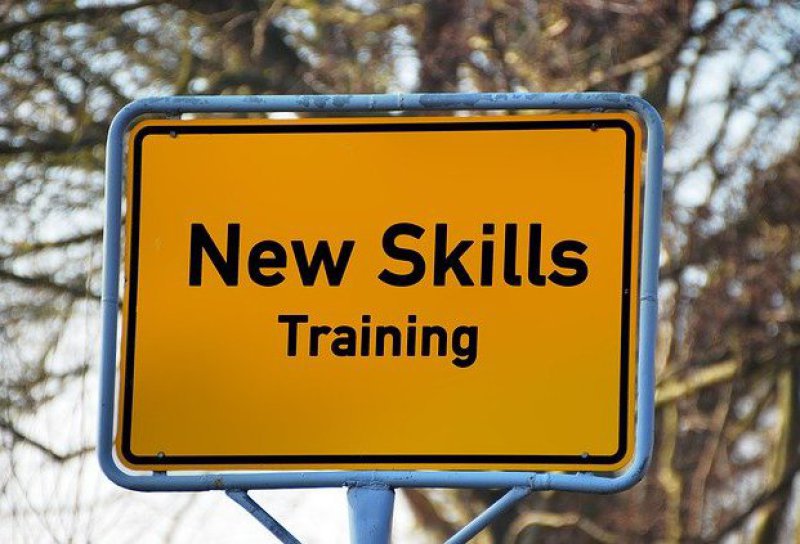

Receptionists are often the first person the patients see. They use customer service and admin skills to welcome people to a hospital, health centre, clinic or NHS headquarters.
Working environment
As a receptionist, you're often the first person a patient meets when they go to a hospital, clinic or health centre. You'll :
book patients in for appointments
enter patients’ details onto IT systems
direct patients where to go within the department or health centre
As well as dealing with patients face-to-face, receptionists often:
answer phones, sometimes directing calls to other staff through the switchboard or phone system
book appointments by phone
answer queries from patients and other staff
Patients and their relatives can be nervous or upset when they visit a hospital or clinic so as a receptionist, you may have to calm them down or reassure them. Some receptionists may combine the job with other admin duties, such as :
filing
chasing up reports
photocopying
inputting data
ordering stationery
word processing
Receptionists work with clerks, health records staff and other admin staff. Depending on where you work, you'll have contact with healthcare professionals such as GPs or nurses. If you work in a specialist clinic or in a health centre you may also deal with, for example, podiatrists, physiotherapists and
occupational therapists.
Entry requirements, skills and interests
There are no set entry requirements to become a receptionist. Employers usually expect good literacy, numeracy and IT skills. They may ask for GCSEs or equivalent qualifications. Employers often ask for relevant work experience. Even where this is not specified, it would be an advantage if you have worked in an admin or customer service role.
Personal characteristics
Receptionists need to :
be friendly and welcoming
be patient and understanding
follow instructions and procedures
work accurately and methodically
work in a team but use their own initiative
work with all types of people
deal with people who may be angry or upset
be confident using the phone
Skills required :
organisation skills
good communication skills
IT skills
excellent customer service skills
Pay and Conditions
Administrative staff in the NHS are paid on the agenda for change (afc) pay system. For this type of role your expected pay band would be 2 or 3. With experience and/or an AMSPAR qualification you could progress to band 4. This could include progression to supervisory and managerial posts at higher pay bands. Terms and conditions will differ for health organisation outside of the NHS. This could include general practice and pharmacies. Standard hours are generally 37.5 paid hours for a full-time contract. Flexible hours and part-time work are generally available. Depending on the employing organisation, the role could include early starts, weekends and evenings.
Pay examples (hourly rate) :
From 1st April 2020
National Living Wage Adult £8.72
21-24 £8.20
18-20 £6.45
16-17 £4.55
Apprentice £4.15
Living Wage Foundation
Uk Rate £9.50
London £10.85
Band 2 <1 year £9.21 rising to £9.89
Band 3 <1 year £10.09 rising to £10.81
Band 4 <1 Year £11.19 rising to £12.35
Training, development and career progression
Where the role can lead :
With experience become a team leader, coordinating the work of a reception team. Or progress to become an administrator or middle manager or move to a broader role in a different department or organisation. Become a medical secretary or personal assistant and have the potential to move into other areas such as finance, HR or clinical records. More opportunities now exist to move into other areas such as informatics (electronic data, IT).
Your employing organisation will get the training you need to do the job. This includes an induction or introduction to the department/organisation, how to use the IT and phone equipment and the procedures to follow. You may also have training in customer care.
You may be offered the chance to take qualifications such as our AMSPAR accredited courses. These are nationally recognised by the NHS and other health organisations.
AMSPAR accredited/approved qualifications
We are located at:
AMSPAR
Tavistock House South
Tavistock Square
London WC1H 9LN
Use the quick access buttons below;
Contact us today!
If you have any queries or wish to make an appointment, please contact us:
Phone: 020 7387 6005
X (Twitter): @AMSPARUK
E-mail: info@amspar.co.uk







